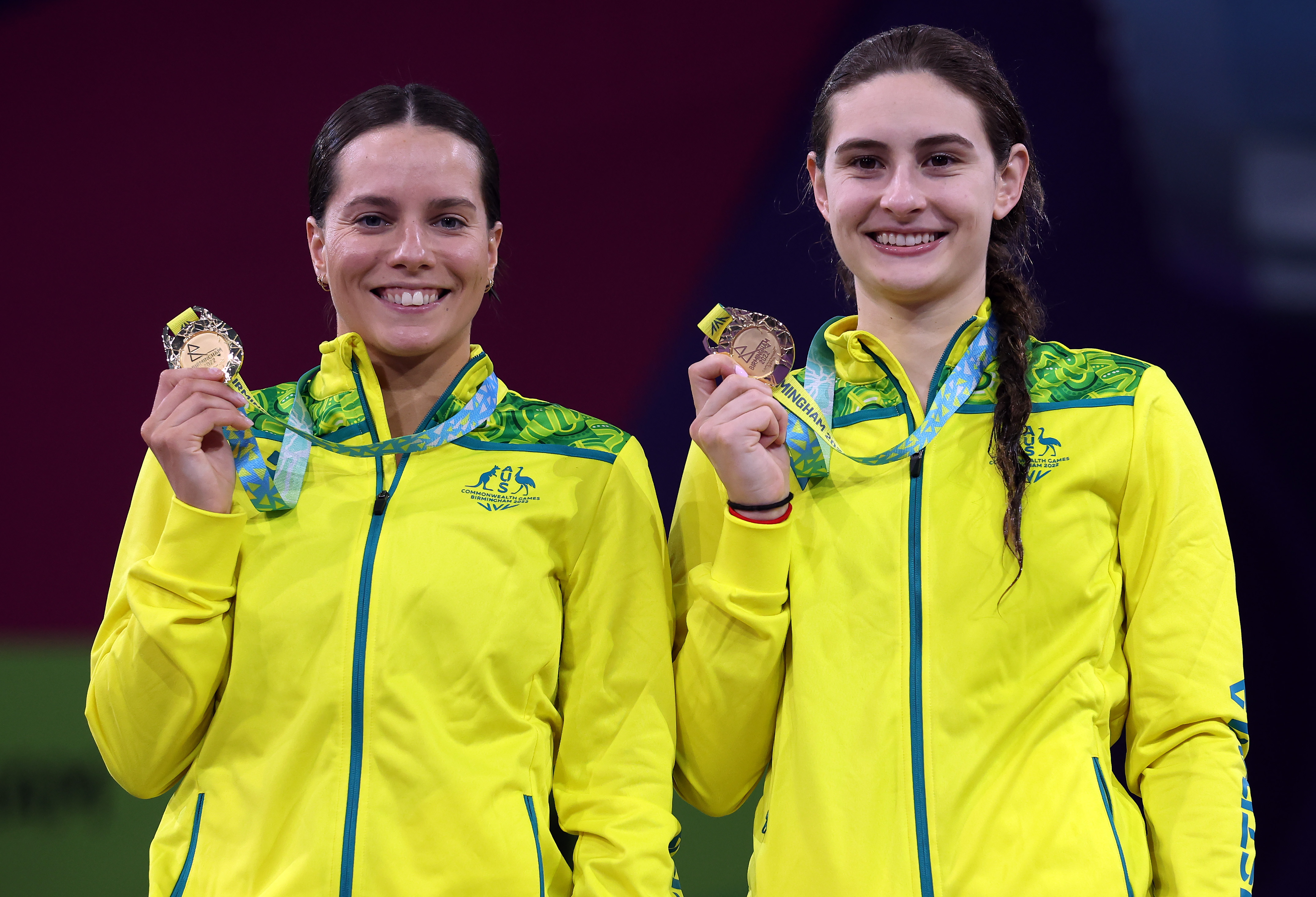25 March 2024
One of the key updates to the AIS Concussion and Brain Health Position Statement is the role of the physiotherapist in the diagnosis and treatment of concussion.
Physiotherapist Katie Davies explains the physiotherapist role in concussion diagnosis.
A physiotherapist is well-placed, whether as a primary care practitioner in community sport, or as the consistent point of athlete contact in high-performance environments to observe evolving concussion symptoms.
In uncomplicated cases the physiotherapist’s role may involve oversight and guidance through a Graded Return to Sport (GRTS). In more complex cases, with prolonged symptoms and recovery, the physiotherapist can play a crucial role including further clinical review of cases that do not progress as expected through the GRTS, or management of Vestibular and Occulomotor (VOM) dysfunction in initial/early assessment post-concussion.
AIS Senior Physiotherapist Vivien Der Tateossian discusses the Vestibular and Ocular Motor (VOMs) Screening.
The resources on the Concussion in Australian Sport online hub have been developed to support and educate physiotherapists on the management and treatment of concussion.
As part of the resources, Olympian and Commonwealth Games gold medallist Anabelle Smith detailed how a multi-disciplinary team, including physiotherapists, have supported her to keep healthy and performing at her best on the world stage.
While three-time Olympic Diver Anabelle Smith is fortunate enough to have never experienced a concussion herself, the 30-year-old has a trusted performance support system around her if the worst were to happen.
While three-time Olympic Diver Anabelle Smith is fortunate enough to have never experienced a concussion herself, the 30-year-old has a trusted performance support system around her if the worst were to happen.
In her 15-years as a Victorian Institute of Sport (VIS) athlete, the Commonwealth Games gold medallist has been surrounded by a team of physiotherapists, sport doctors, psychologists and others who she said have always had her best interests at heart.
"I think every athlete understands that we don't get to be the best in the world if we don't have that huge support network around us," Smith said.
"I have full trust the VIS team are looking after me physically, mentally and emotionally, which allows me to go to competitions and perform at my best knowing I have a team behind me supporting me every step of the way."

Despite not having experienced a concussion, the Victorian has completed her fair share of concussion tests and said having trust in her performance services team is critical throughout the process.
"When it comes to something as serious as concussion, I think it's important athletes understand the process and the" purpose behind concussion testing too.
"For me trusting my team know what they’re doing and are putting me in the best position to get back into the diving pool is super important."
The World Champion diver encouraged athletes to prioritise building strong relationships with their performance support team in case the worst-case scenario happens.
"To have a really safe and comfortable relationship with your performance support team is integral in any recovery process, whether that is a ruptured achilles or a concussion."
To learn more about athlete experiences with concussion, including Paralympian Sam Carter and former Hockeyroo Rachael Lynch, visit the Concussion in Sport website here.